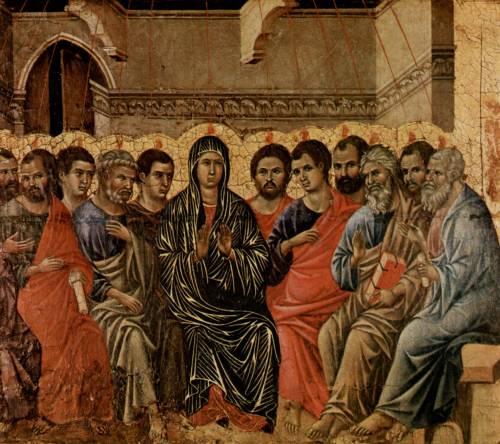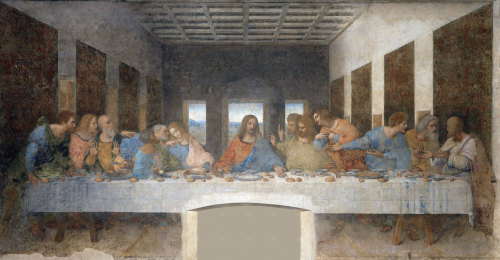By the Rev. Darren Miner
Today is the Day of Pentecost, and it’s an important day in the Episcopal Church. For one thing, today is one of only seven “principal feasts” in the liturgical calendar, feasts that outrank all other celebrations or commemorations. For another, today is widely considered to be the “birthday of the Church.” (That being said, it’s a bit of a misnomer; one can make a pretty good case that the Church was born when Jesus called his first disciple.) But perhaps the most important aspect of this great feast day is that it is an occasion to focus on the Holy Spirit, that mysterious third person of the Holy Trinity.

So, let’s review the three appointed readings, to see what we can learn about the Spirit of God. The first reading, from the Acts of the Apostles, recounts the story of the first Pentecost, when the disciples encounter wind and fire and the gift of the Holy Spirit. They miraculously find themselves able to proclaim the Good News of Jesus Christ in languages that they don’t even know. The heart of their message to the crowd is found in the very last line of the reading: “Everyone who calls on the name of the Lord shall be saved.” So far as we know, this miraculous gift of tongues did not remain with the disciples, but even so, they were not left bereft of the Spirit.
In St. Paul’s Letter to the Romans, he reminds the Christians in Rome that the Spirit of God is still very much active in the world. On a universal scale, the Spirit is birthing a new creation, a world that is fit to be called the Kingdom of God. On an individual scale, the Holy Spirit is guiding each and everyone of us into a life of true prayer. Now, prayer takes many forms. It can be the common prayer we share together on Sundays. It can be the personal prayer we offer daily for our loved ones in need. It can even be the wordless work we do out in the world for the children of God. Finally, as St. Paul teaches us, prayer can be the groans of agony and the tears of sorrow that we shed when we cannot even find the words to express our pain to our Heavenly Father. And the mystery of each and every form of true prayer is that it is the Holy Spirit, breathed into us at baptism, who enables and sustains that prayer. It is the Holy Spirit who urges us, sometimes gently and sometimes not so gently, to keep reaching out to God.
Finally, we come to the reading from John’s Gospel, which somewhat confusingly takes us back in time to the Last Supper, before the disciples had even received the gift of the Holy Spirit. There, Jesus promises his disciples that he will ask his Heavenly Father to send them an Advocate.
Now, the English word “advocate” is a bit problematic. Every time I hear it, I think of a trial lawyer. But that is not the kind of advocate that Jesus is speaking of. This advocate will not be a lawyer who will stand by his disciples in court to keep them out of jail, but the Holy Spirit, who will stand by them throughout the trials and tribulations of this world, to save them from the Evil One. Jesus goes on to promise that this same Spirit of God will continue to teach the disciples long after Jesus has returned to his Father and will guide them further and further into Divine Truth.
Jesus’ promise to the disciples at the Last Supper applies to us modern-day disciples as well. Yes, Christ has ascended and returned to his Father, but we are not left orphaned. When each of us was baptized, we received the Holy Spirit; a spiritual ember was implanted in our soul. When we were confirmed, we received additional strength from the Holy Spirit to endure the trials of this life. But being only human, we need more than these two infusions of the Spirit. And that is where the Holy Eucharist comes into play. And God willing, soon we will again be able to celebrate the Eucharist together and to partake of Holy Communion.
Like the first disciples of Jesus, we too have been empowered by the Spirit: empowered to pray to the Father, empowered to testify to the Truth, empowered to share the Good News, empowered to endure this horrid pandemic. It is all too easy to forget just what we have been given at Baptism, what we have had reinforced at Confirmation, what we have had renewed at Holy Eucharist. Well, folks, don’t let yourselves ever forget. You have the Holy Spirit within you even now! And when two or three of us gather in Christ’s Name, that same Spirit is among us working wonders.
Let us pray.
O Holy Spirit, by whose breath life rises vibrant out of death; come to create, renew, inspire; come, kindle in our hearts your fire. Amen.
© 2021 by Darren Miner. All rights reserved. Used by permission.





You must be logged in to post a comment.